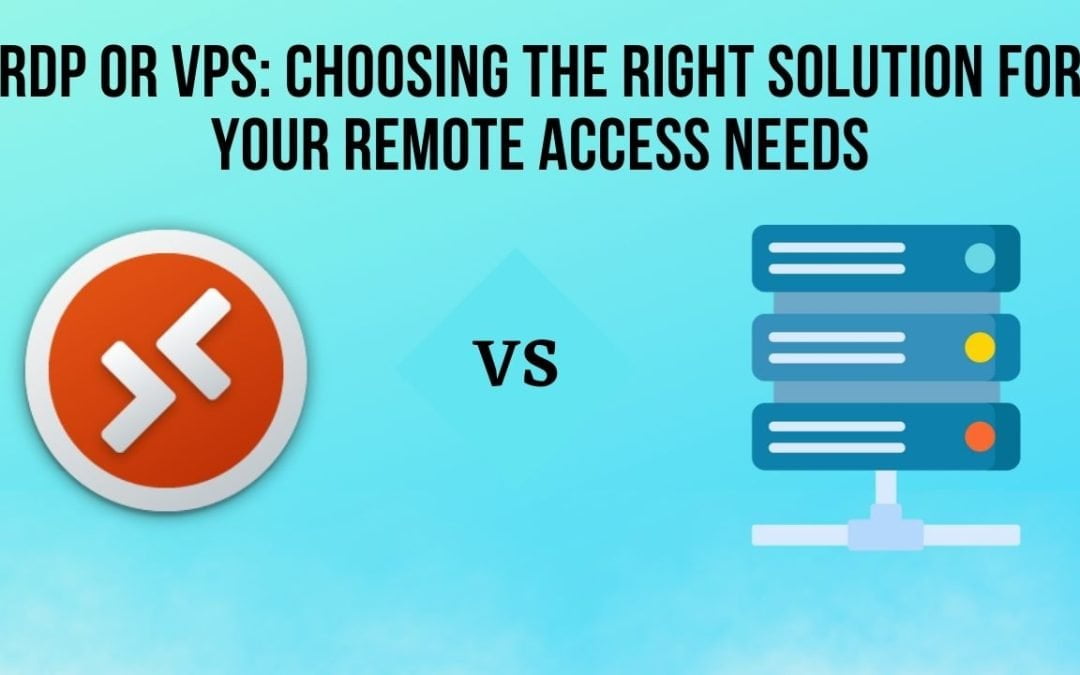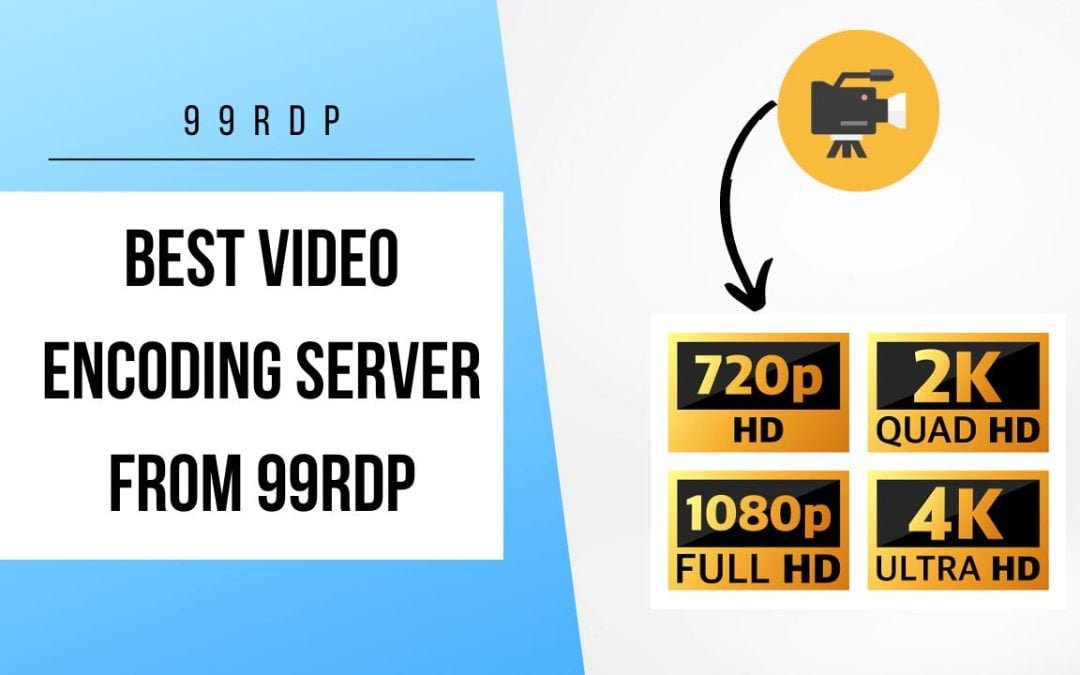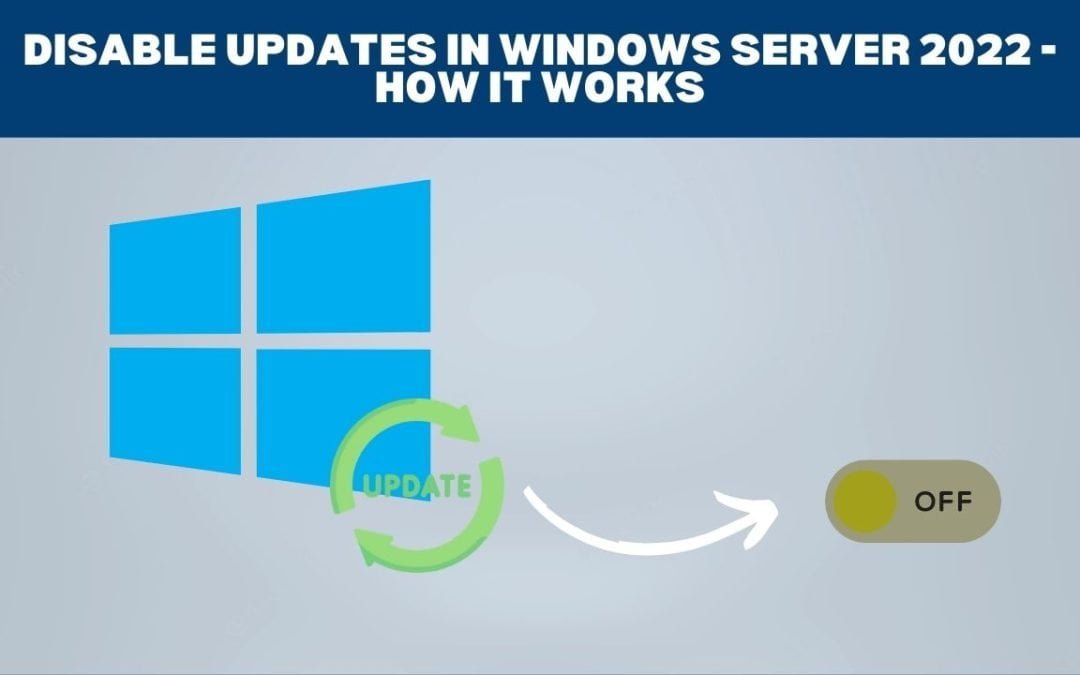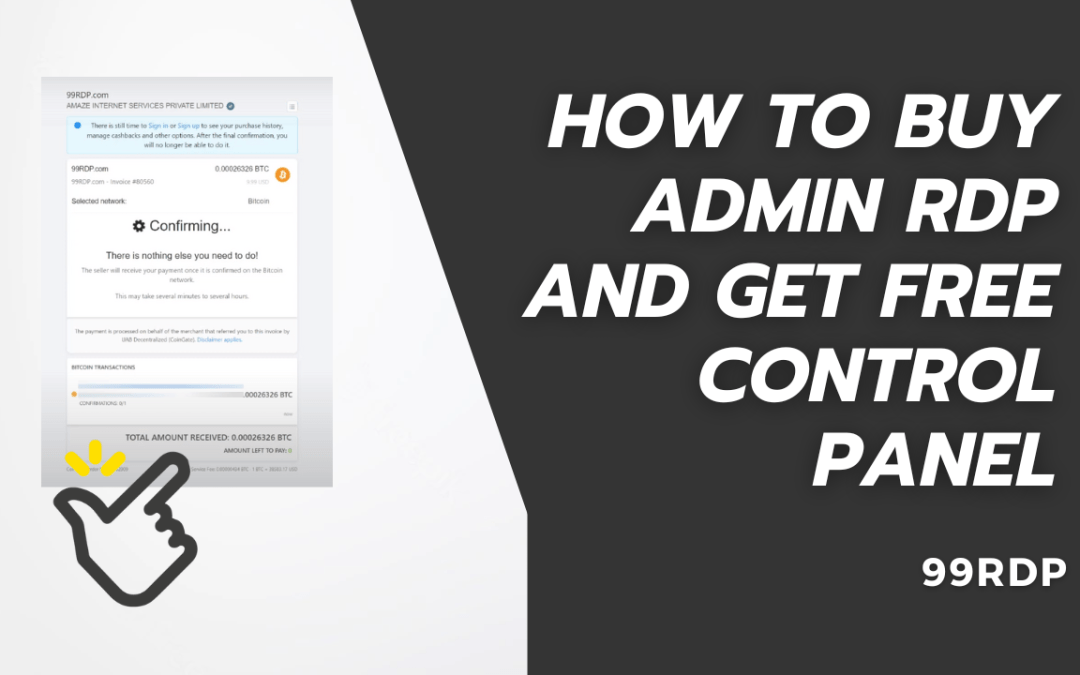How To Install Node.js on Linux Server
How to install Node.js and npm on Windows.
Node.js has been a boon to JavaScript developers around the world who struggled with switching between different languages and frameworks to extend their code into a sustainable development environment.
With Node.js you can finally build web applications with bidirectional connections, where both the server and client sides can communicate and exchange data with each other in real-time. Indeed, Node.js is revolutionary for developers who want to deploy real-time web applications over WebSocket.
Benefits of using Node.js
Choosing the right programming platform for your tech stack is just as important as the work you choose to invest in. When looking for the benefits of a particular platform, you should consider several factors. Things like the learning curve, speed of development, community, and scope can change the overall balance of benefits.
Here are the key benefits of using Node.js:
- Simple syntax
- Easy learning curve
- Rapidly scalable
- Open-source and flexible
- Cross-platform development
- Monolingual full-stack development
- communication in real-time
- Huge and active community
How to install Node.js and npm?
Each operating system has its own method of installing Node.js. The central installation file differs from operating system to operating system. However, the developers of Node.js made sure that you get the files you need for each system.
In the next part of the article, we’ll go over how to install Node.js on Ubuntu.
Enjoy Full Root Access – Linux VPS #1 – 7.99/m
- connect your Linux server through SSH, I will Prefer you to use Putty SSH or Windows Powershell.
- After login, the Server needs to update your OS first, Type this command and hit Enter – Sudo apt update.
- Now install Node.js: Sudo apt install nodejs
- Check that the installation was successful by querying
nodefor its version number: node -v - That’s it, Now you have Node.JS on your Ubuntu server



